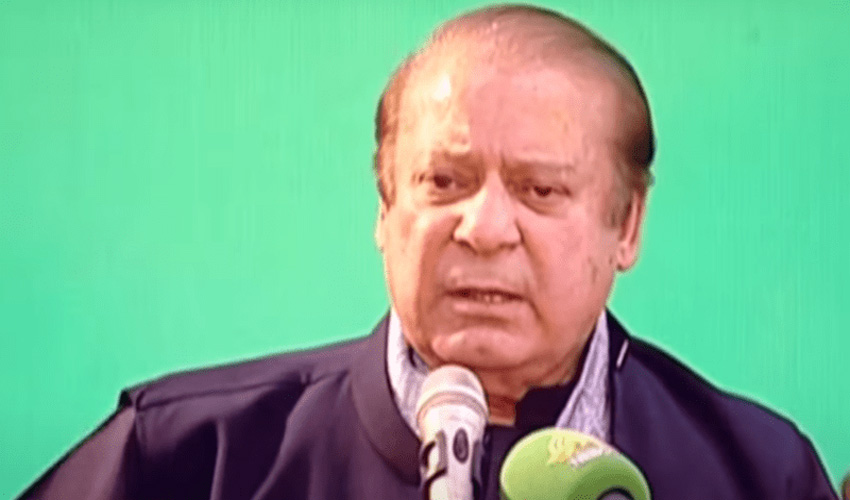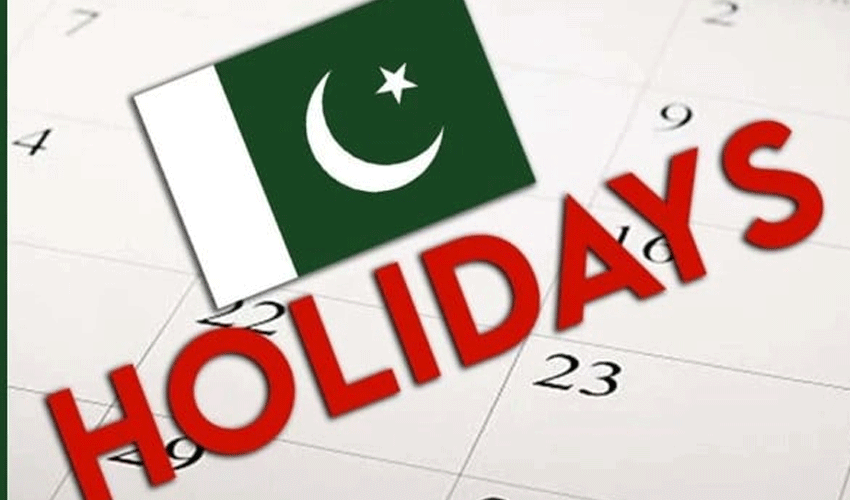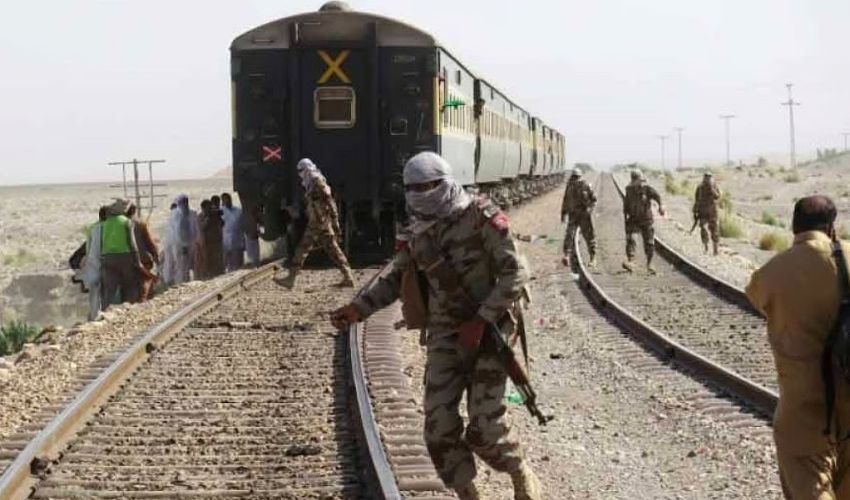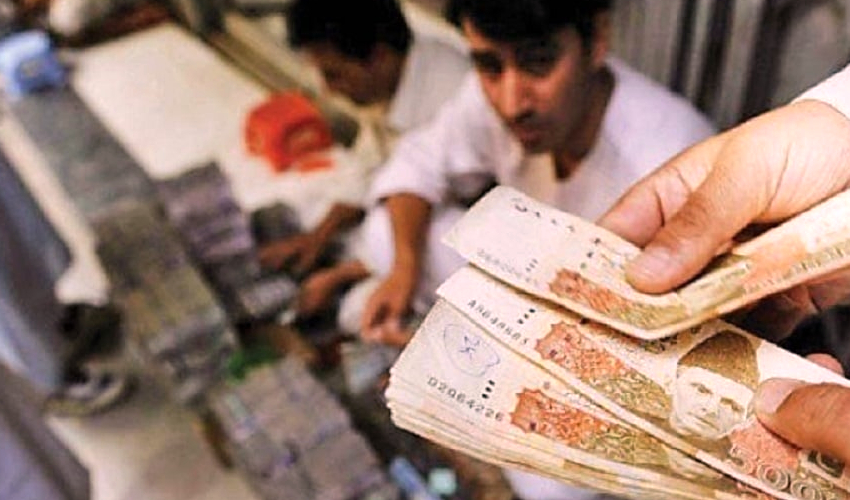Former Prime Minister and leader of Pakistan Muslim League (N) [PML-N], Nawaz Sharif on Saturday called for accountability of those he claims have ruined Pakistan.
Speaking at the PML-N Central Working Committee meeting, Sharif questioned the reasons behind the overthrow of his government in 1993, stressing that those responsible must be held accountable.
He praised the resilience of the party, highlighting the false cases made against its leadership and the historic struggle of the late Kulsoom Nawaz.
Sharif recounted his government's achievements, including the construction of motorways, which he claimed played a crucial role in boosting Pakistan’s economy. He also pointed to Pakistan's development as a nuclear power, stating that his refusal of a $5 billion offer to halt the nuclear program led to the imposition of martial law and a subsequent 27-year sentence in what he called a fake trial, followed by a seven-year exile.
Reflecting on Pakistan's tumultuous 70-year history, Sharif noted that his government’s return in 2013 saw the initiation of significant projects like the China-Pakistan Economic Corridor (CPEC).
He slated the political sit-ins that he alleged were conspiracies causing the postponement of the Chinese President's visit, thereby delaying crucial agreements for power plants and motorways.
During the meeting, PML-N General Secretary Ahsan Iqbal announced that the Central Working Committee would issue the election schedule for the party president, with Rana Sanaullah overseeing the elections. Iqbal expressed optimism about the party's future with Nawaz Sharif back in leadership.
Alleged audio of ex-CJP Nisar
Nawaz Sharif also addressed the leaked audio of former Chief Justice Saqib Nisar, accusing him of conspiring to jail him and his daughter, Maryam Nawaz, and supporting PTI's founder.
Sharif questioned why Nisar had not been held accountable for the audio leak, suggesting that proper accountability over the past decades would have significantly altered Pakistan’s trajectory.
Mr Nawaz contrasted his government’s performance with that of his opponents, citing the controlled prices of essentials and the low inflation rate during his tenure.
He highlighted the economic mismanagement under the current government, pointing out the rise in interest rates to 22%, and urged people to consider these disparities.
The former prime minister concluded by calling for those who have damaged Pakistan to face justice, asserting that true accountability would set the country on a path to recovery and stability.



























